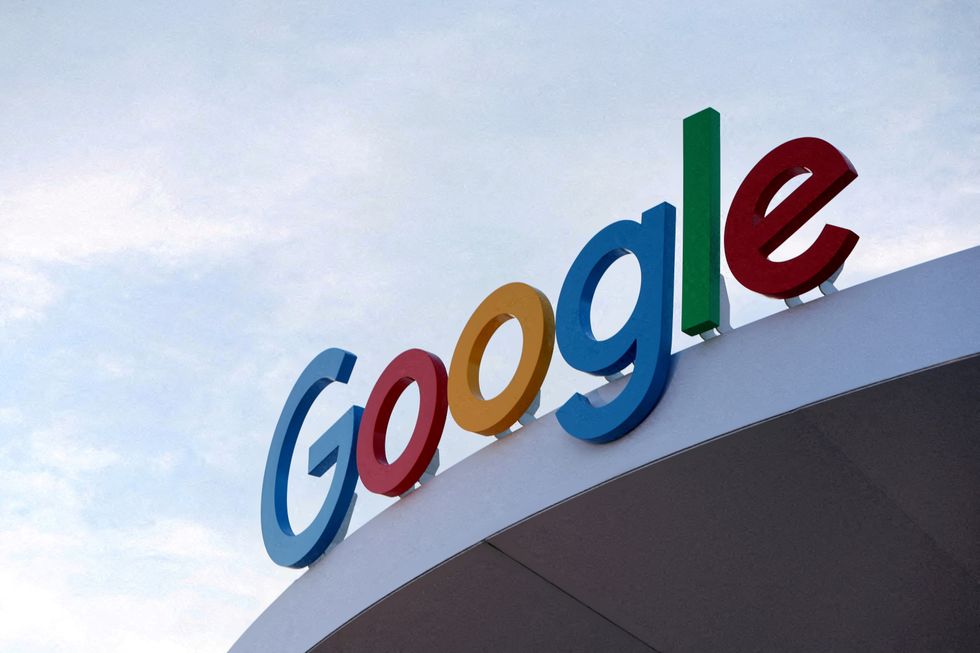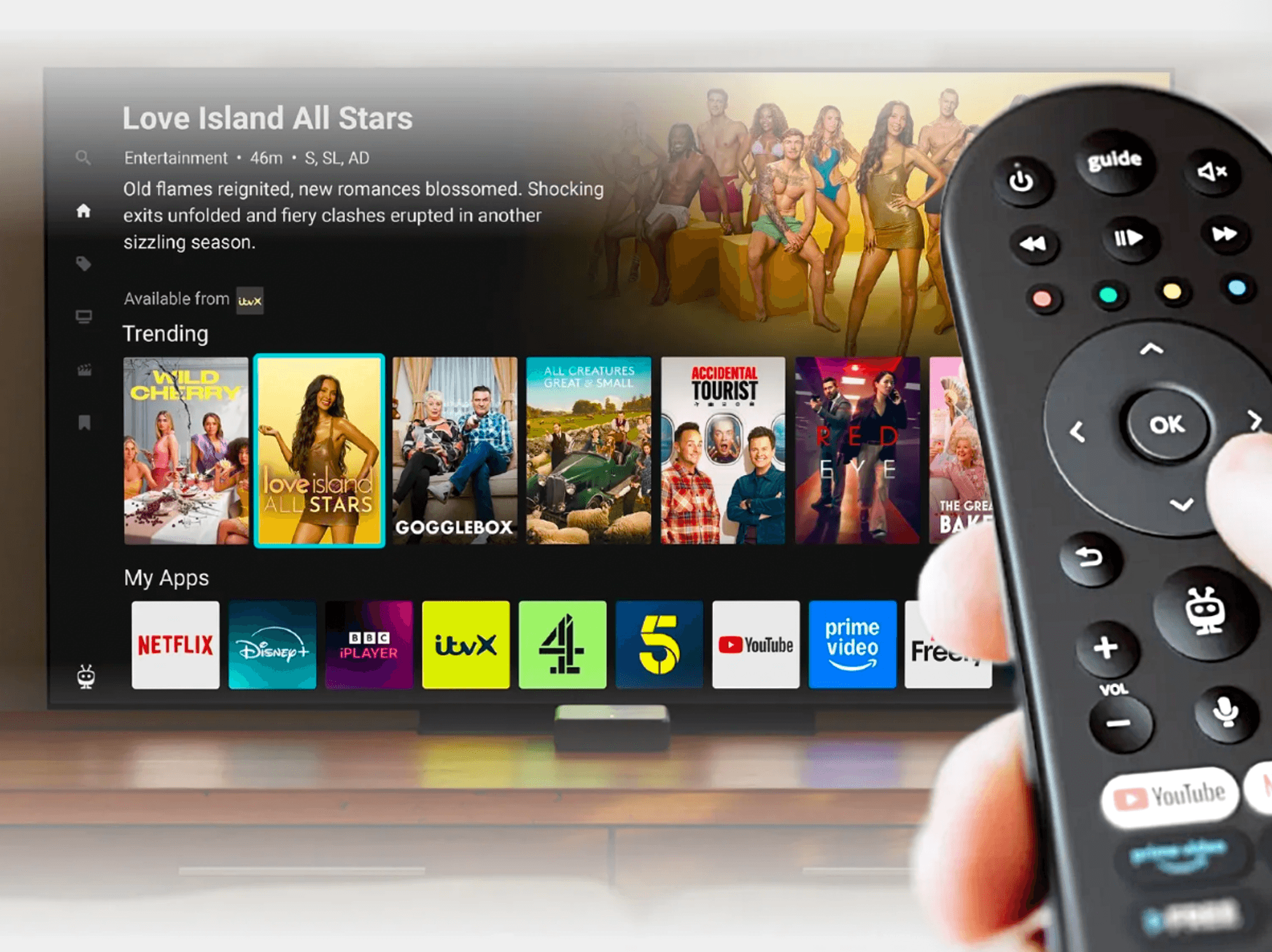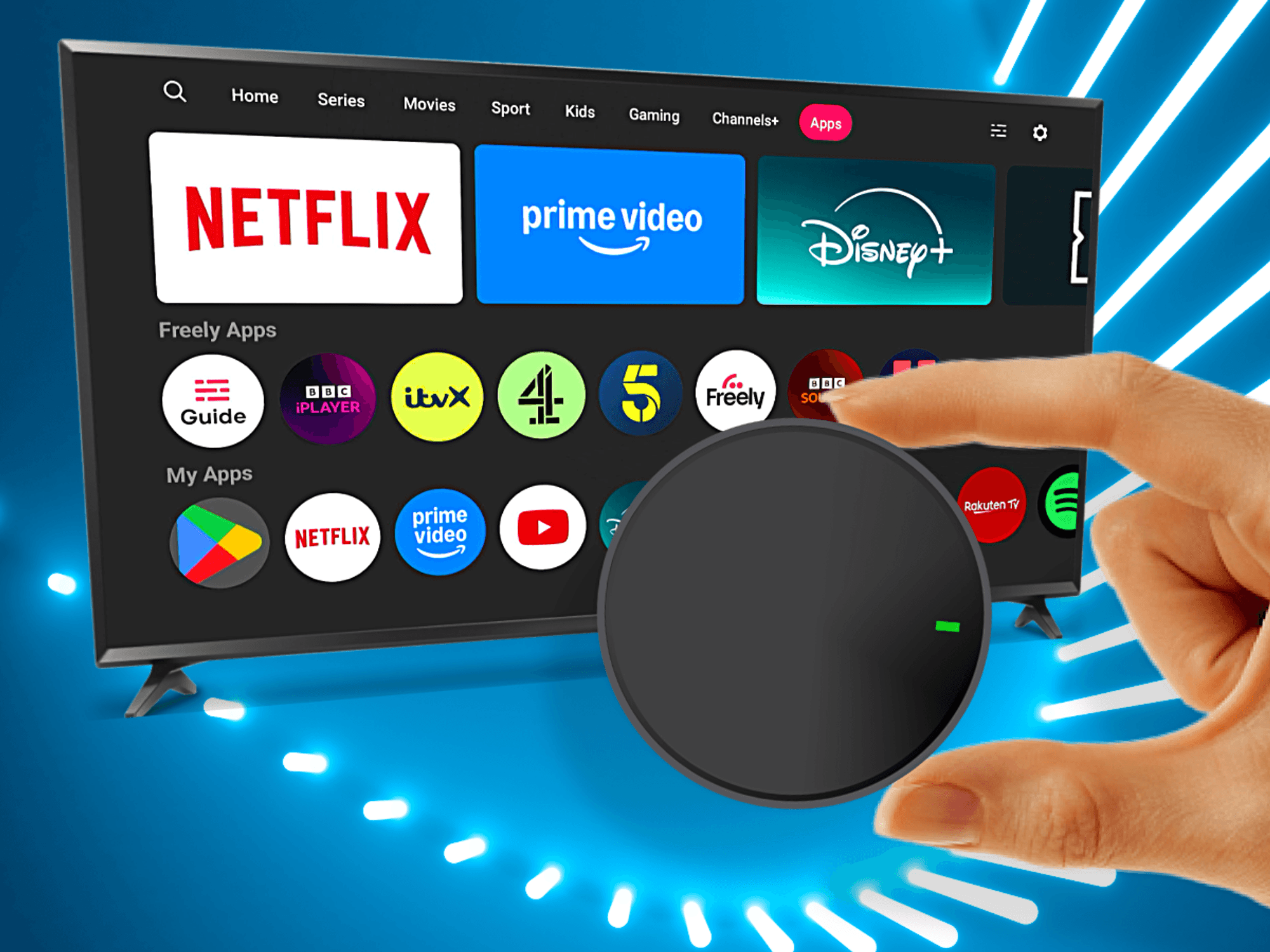Google will let you sideload ANY app to your Android phone ...but only if you're an 'experienced user'
The new process launches in the coming weeks
- Google unrestricts the ability to sideload unverified apps
- Sideloading is one of the key differentiators between Android and iOS
- You can download and install software from outside of the Play Store
- Sideloading an app carries the risk of installing malicious or unstable software
- Google has created a new program to install unverified applications
- This is meant for those who have a higher risk tolerance
- Google is currently collecting initial feedback on the feature's design
- Invitations to enrol are being sent out beginning November 25, 2025
Don't Miss
Most Read
Latest
Google is giving you the freedom to install apps from any source on your smartphone or tablet.
It's a dramatic U-turn on its previous announcement around restricting the ability to sideload, confirmed back in September. With this latest update, Google has backtracked on most of the strict verification requirements that would have effectively ended sideloading for many Android users.
Sideloading, one of the key differentiators between Android and iOS from the beginning, allows Android phone and tablet owners to download and install software from outside of the Google Play Store preinstalled on millions of devices. Sideloading carries the risk of installing malicious or unstable software that can compromise your device’s security or privacy. This can be due to not being able to verify the exact source of the creator.
However, it allows Android users to add software to their gadgets that might not be approved by Google Play Store policies. It also means home-made software is easier to install and use.
Following significant pushback from developers and power users, Google revealed yesterday that it's creating an "advanced flow" allowing you to install unverified applications if you're an "experienced user". This is a new pathway built for those who understand the risks and want to maintain control over their devices.
Sameer Samat, President of Android development at Google, published this recent announcement on X.
1/6 Keeping users safe on Android is our top priority. Today, we’re sharing an update on our new developer verification requirements – why they are critical to fighting modern scams, and how we’re adjusting our approach based on community feedback. 👇
— Sameer Samat (@ssamat) November 13, 2025
2/6 Scammers rely on anonymity to scale their attacks. Right now, if we block a bad app, they can often just create a new app and try again. Verification stops this "whack-a-mole" cycle by requiring a real identity – making it much harder and costlier to repeatedly distribute…
— Sameer Samat (@ssamat) November 13, 2025
The original plan would have blocked all apps from unverified developers starting next year. This sparked outrage amongst those who rely on alternative app sources for legitimate purposes.
This specialised installation process is crafted for developers and technically proficient users with a higher risk tolerance. Google emphasises that the system incorporates safeguards to prevent malicious actors from manipulating victims into bypassing security measures.
"We are designing this flow specifically to resist coercion, ensuring that users aren't tricked into bypassing these safety checks while under pressure from a scammer," the company said in a statement. The process will include prominent risk notifications to ensure users understand the potential risks before proceeding.
Google is currently collecting initial feedback on the feature's design from select users. The company plans to reveal comprehensive details about the implementation over the next few months as development progresses.
LATEST DEVELOPMENTS
- 'We're sorry': Sky TV removes channel from ALL set-top boxes
- Best VPN deals
- Fire TV Stick crackdown on free streams is 'welcome step'
- Motorola just launched an affordable iPhone Air rival that fits a bigger battery inside a lighter design
- Switch to Virgin Media today to secure lowest broadband price ever
5/6 For power users: We are building an advanced flow that allows experienced users to opt-in to install unverified apps. We’re designing this carefully to prevent coercion by scammers.
— Sameer Samat (@ssamat) November 13, 2025
6/6 Lastly, today we’re excited to start inviting developers to join early access for Android Developer Console! Thanks for the constructive feedback! Read the full details on the changes here: https://t.co/gfYc3DMcsM
— Sameer Samat (@ssamat) November 13, 2025
The verification programme's early access phase commenced yesterday for developers who exclusively distribute their applications beyond Google's official marketplace. These developers can now register through the Android Developer Console to confirm their identities before mandatory enforcement begins.
Developers who publish through the Play Store will receive their enrollment invitations starting on November 25, 2025. This phased approach allows Google to manage the verification process systematically.

Google maintains that verification remains crucial for combating sophisticated fraud schemes
| REUTERSAddressing concerns from the educational and hobbyist communities, Google confirmed it's developing a special account category. These accounts won't require a registration fee or complete verification procedures. However, they'll face restrictions, permitting app distribution to only a small number of devices, preventing commercial exploitation whilst supporting learning and experimentation.
The company maintains that verification remains crucial for combating sophisticated fraud schemes. Google highlighted a prevalent scam in Southeast Asia where criminals pose as bank representatives, creating false urgency to coerce victims into downloading malicious "verification apps" that steal authentication codes and drain accounts.
The verification mandate will initially launch in Brazil, Indonesia, Singapore and Thailand during 2026, expanding worldwide in 2027. By requiring genuine identities, Google believes it can significantly increase the difficulty and expense of distributing malware at scale.
More From GB News










